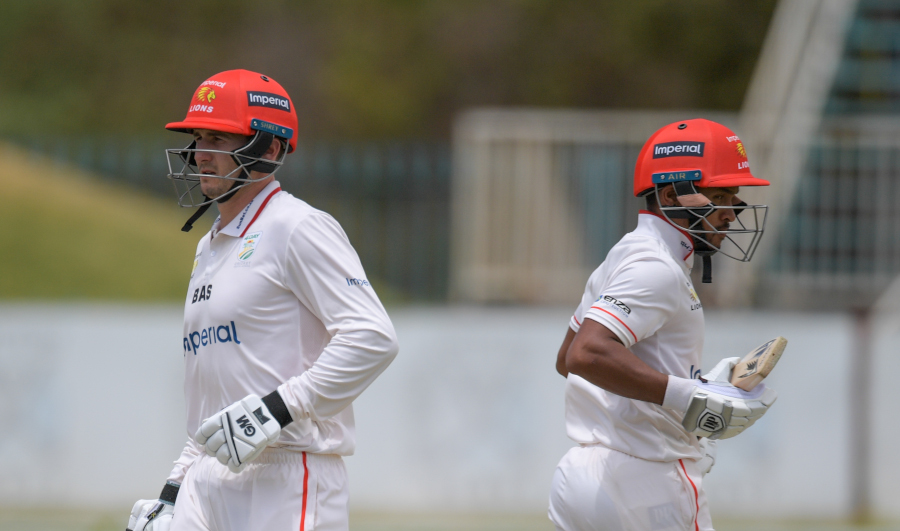South Africa’s domestic cricket structures have been running at a loss for several years, with the international game propping it up financially.
Cricket South Africa isn’t the only cricket board suffering from this affliction, with domestic cricket struggling almost universally.
In England, where the domestic game enjoys perhaps the best levels of support outside of India, there is a desperate scramble to attract fans back to the grounds for first-class and List A competitions.
Most boards, including CSA, have sought to offset the decline in interest in first-class cricket by forming flashy T20 leagues, but even these often run at a loss.
First-class cricket doesn’t draw in the crowds it once did the world over, with interest declining in the face of greater competition from other sporting codes, televised sport and a plethora of cheap entertainment.
News: Innings defeat for Proteas in PE
The financial struggles of the domestic game are well chronicled in South Africa, and CSA has sought to address this with a massive structural overhaul.
The proposed restructuring has been stalled by a legal challenge from the players’ union, The South African Cricketers’ Association, who feel the new model will harm the domestic game and shrink the talent pool.
Franchise cricketers have little financial security, and the rate of attrition from junior structures to franchise cricket is high. Some young players head overseas to New Zealand, Australia and England and others simply give up the game.
CSA needs a robust domestic game and as such has been willing to underwrite first-class cricket, but the present model is unsustainable and does not prepare young players for international competition.
The first-class game attracts little attention, with players, support staff and journalists outnumbering fans who attend matches regularly.
Attempts to take the first-class game into new areas have failed as demonstrated in the last round of the 4-Day Domestic Series. The Dolphins beat the top-of-the-table Lions in Pietermaritzburg, but the match was poorly advertised outside digital channels, and few fans turned up to watch an entertaining game.
This is an indication that CSA has given up generating interest in the 4-Day Domestic Series. The decline in interest started before Supersport, the then title sponsor of the tournament, abandoned broadcasting the series early in the 21st century.
CSA, at times, is almost apologetic about putting on a first-class cricket tournament, which isn’t a great start. The marketing of these events needs to be entrusted to those with a genuine passion for the game.
Another potential solution is to court younger viewers, aggressively offering free entry to school kids and taking steps to transport children from disadvantaged communities to cricket matches to foster a connection between the franchises and the wider community.
If franchise cricket dies, it will be only be a matter of time before the Proteas slide away from cricket’s elite permanently. The first-class game must be rescued to keep every other form of the game afloat.
Mark Cockroft
Photo: Gallo Images







